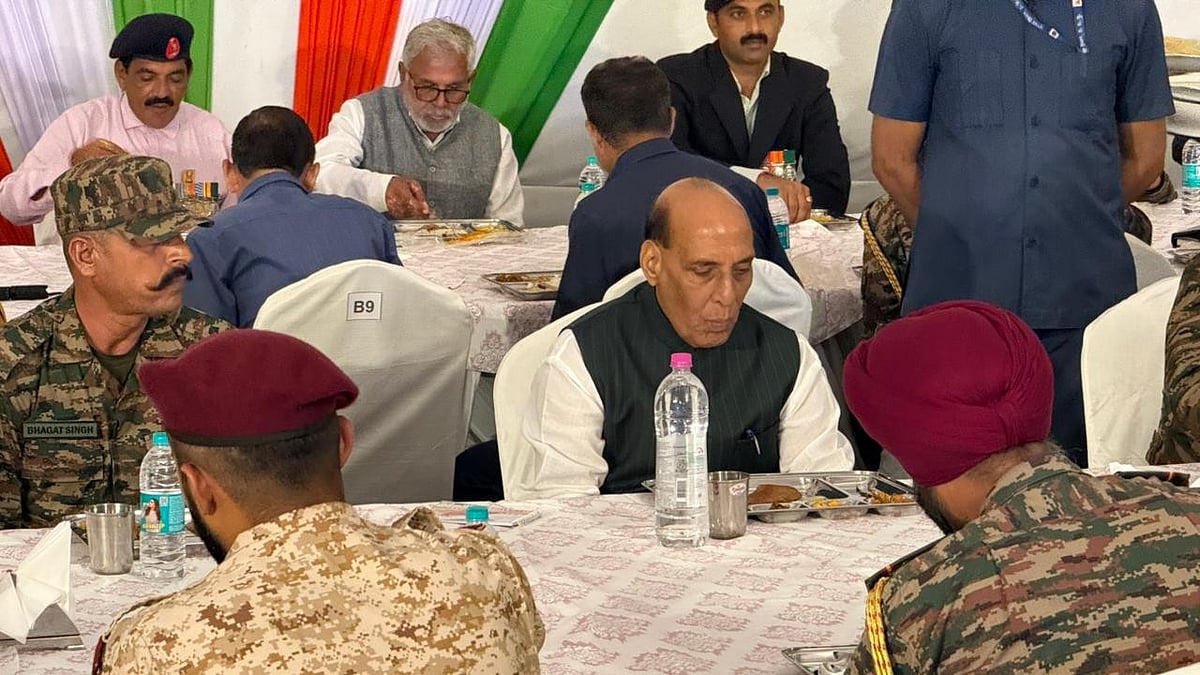All India Council for Technical Education (AICTE) has suggested radical new guidelines for DSc and PhD courses in technology, engineering, management, and design, and one of the most prominent changes is the elimination of interviews altogether from the admission process for PhD.
The rules, which were finalized by a five-member expert committee constituted in February 2025 and accepted by the AICTE Executive Council in July, are now waiting final approval from the national government.
Written exam only
Earlier, institutions employed a 70:30 weighting: 70 % through written tests and 30 % through interviews. With the new regulations, admissions would be based solely on written tests: 70 % through the institution's entrance exam and 30 % through national qualifying exams such as GATE or NET. The idea is to minimise bias and ensure transparency, although some experts advise that qualitative aspects such as communication skills, research compatibility, and candidate temperament could be more difficult to assess without interviews.
Publications for doctoral candidates
Another significant change: publications will be required for doctoral candidates prior to thesis submission. Academics will need to publish two Scopus‑indexed journal articles (excluding review articles) and one peer‑reviewed conference article, where they will need to be first and corresponding author. The aim is to improve research quality and international recognition, but critics caution about undue pressure and the risk of stressing or manipulating publication systems.
The rules also permit preliminary submission of the thesis—six months before the minimum duration—if the following conditions are fulfilled (e.g. two Q1 journal papers). Admissions would be more relaxed with rolling admission and two admission windows prior to each semester. Candidates with a mere four-year undergraduate degree but five years of work experience might be directly eligible for a PhD.
PhD duration standards continue to be: full‑time, 3 to 6 years; part‑time, 4 to 8 years. Institutions should organize frequent progress reviews and schedule Research Advisory Committee (RAC) meetings at an early stage. AICTE will also expect doctoral authors to make a declaration of use of AI tools in the work and supervisors would sign off on ethical use. Last but not least, AICTE has promulgated standards for the DSc degree: the applicants should already be PhDs, have long experience (20 years, 10 as professor), clear publication, citation, h‑index, supervision and patent standards, as well as other standards.
Approval from central government
The guidelines are waiting for final approval from the central government. Their implementation is likely to face challenges of overlap with UGC norms, particularly for institutions under university regulation. The new framework constitutes a major policy shift in regulation of doctorates for technical education in India.










